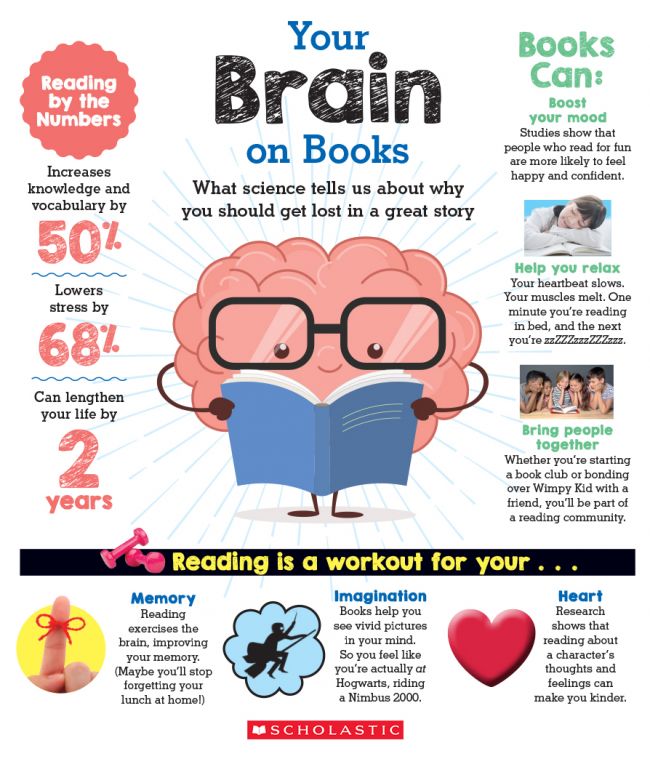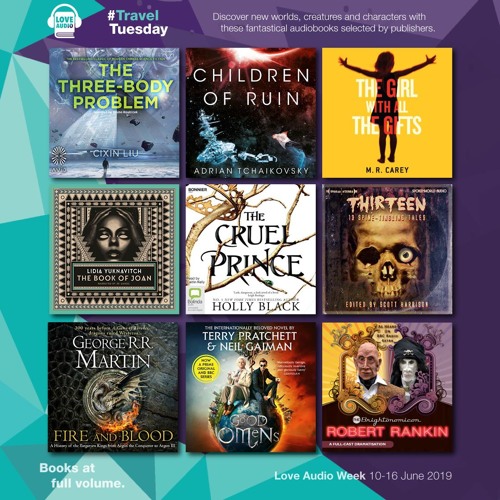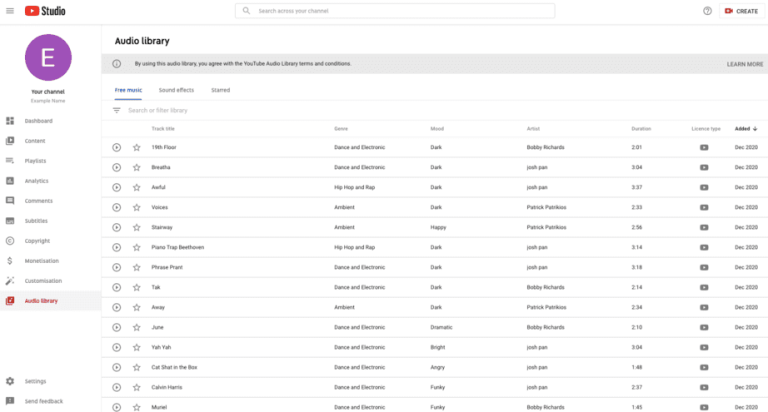Is Reading Good For The Brain?
Reading, oh how it captivates the mind and takes us on incredible journeys! But have you ever wondered if reading is more than just an enjoyable pastime? Is reading good for the brain? Well, my curious friend, let’s dive into the fascinating world of literature and explore the brain-boosting benefits that lie within its pages.
When it comes to expanding our mental horizons, reading is like a superhero for our brains. It’s not just about the joy of getting lost in a compelling story or gaining knowledge from informative texts; reading actually stimulates the brain in ways that few other activities can. From improving cognitive function to enhancing empathy, the power of reading knows no bounds. So, let’s grab a cup of tea, cozy up in our favorite reading nook, and uncover the marvelous ways in which reading nurtures our precious brains.

Is Reading Good for the Brain?
Reading is not only an enjoyable pastime but also a beneficial activity for the brain. Whether it’s diving into a captivating novel or staying up to date with the latest news articles, reading exercises our cognitive abilities and stimulates our brain in unique ways. In this article, we will explore the various ways in which reading can positively impact our brain health and overall well-being.
Improved Cognitive Function
When we read, our brains are actively engaged in processing and comprehending the information presented to us. This mental exercise helps to improve our cognitive function, including our ability to think critically, reason logically, and solve problems. Regular reading has been linked to enhanced memory retention and improved concentration skills, as it requires us to focus and pay attention to the text at hand.
Furthermore, reading exposes us to new ideas, perspectives, and knowledge, expanding our intellectual horizons. It broadens our vocabulary and language skills, allowing us to communicate more effectively and express ourselves with clarity. As we encounter new words and phrases within the text, our brain forms connections and strengthens neural pathways, facilitating quicker and more efficient information processing.
Reading also stimulates our imagination and creativity. As we immerse ourselves in a story or narrative, our brains conjure vivid mental images and scenarios, allowing us to escape reality temporarily. This imaginative exercise can boost our problem-solving abilities and encourage us to think outside the box in other areas of our lives.
Enhanced Emotional Intelligence
In addition to its cognitive benefits, reading can also have a profound impact on our emotional intelligence. Through the exploration of diverse characters, situations, and emotions within stories, we develop a deeper understanding of human experiences and emotions. This increased empathy and emotional intelligence can improve our relationships with others and enhance our ability to navigate complex social interactions.
When we read about characters facing challenges, triumphing over adversity, or grappling with complex moral dilemmas, we are able to vicariously experience their emotions and gain valuable insights into the human condition. This emotional engagement fosters empathy and compassion within us, making us more sensitive to the needs and feelings of those around us.
Moreover, reading can provide a welcome escape from the stresses and pressures of daily life. By immersing ourselves in a compelling narrative, we can temporarily detach from our own worries and concerns, allowing our minds to relax and rejuvenate. This mental respite can have a positive impact on our overall well-being and help to reduce stress levels.
In conclusion, reading is not only a source of pleasure and entertainment but also a powerful tool for brain health. It improves cognitive function, enhances emotional intelligence, and stimulates our imagination. By making reading a regular part of our lives, we can reap the numerous benefits it offers and continue to nourish our brains for years to come. So, grab a book, find a cozy spot, and let your mind embark on a literary adventure.
Key Takeaways: Is Reading Good for the Brain?
- Reading stimulates the brain and improves cognitive function.
- Regular reading can enhance vocabulary and language skills.
- Reading fiction can boost empathy and emotional intelligence.
- Reading non-fiction can expand knowledge and understanding of the world.
- Reading can reduce stress and improve overall mental well-being.
Frequently Asked Questions
Is reading good for the brain? Find out the benefits of reading and how it can positively impact your brain health.
1. How does reading affect the brain?
Reading has numerous positive effects on the brain. When you read, your brain is actively engaged in processing and comprehending the information. This mental stimulation strengthens the neural connections in your brain, improving overall cognitive function. Additionally, reading helps to increase your vocabulary and knowledge, which can enhance your memory and critical thinking skills.
Moreover, reading can also improve your empathy and emotional intelligence. As you delve into different characters and their experiences, you develop a deeper understanding of human emotions and perspectives. These neurological benefits of reading contribute to better brain health and overall well-being.
2. Does reading help prevent cognitive decline?
Yes, reading regularly can help prevent cognitive decline and reduce the risk of conditions like dementia and Alzheimer’s disease. Research suggests that mentally stimulating activities, such as reading, can build cognitive reserve, which acts as a buffer against age-related brain changes. By engaging in reading, you exercise your brain and keep it active, promoting neural connections and preserving cognitive function as you age.
Furthermore, reading various genres and subjects can provide a diverse range of mental challenges, keeping your brain flexible and adaptable. So, grab a book and make reading a regular part of your routine to keep your brain sharp and healthy.
3. Can reading improve memory and concentration?
Absolutely! Reading regularly can improve both memory and concentration. When you read, you need to focus on the content and follow the storyline or arguments. This sustained focus helps train your brain to concentrate for longer periods, ultimately improving your overall attention span.
Moreover, reading also exercises your working memory. As you encounter new information, your brain works to retain it and connect it with existing knowledge. This constant mental exercise strengthens your memory and enhances your ability to recall information when needed. So, if you want to boost your memory and concentration, pick up a book and start reading!
4. Are there any emotional benefits of reading?
Yes, reading can have significant emotional benefits. When you immerse yourself in a story, whether it’s fiction or non-fiction, your brain enters a state of deep relaxation and escapism. This escapism can help reduce stress levels and provide a temporary respite from the pressures of everyday life.
Additionally, reading can also evoke a wide range of emotions. When you connect with the characters and their experiences, you may experience empathy, joy, sadness, or excitement. These emotional responses help develop your emotional intelligence, allowing you to better understand and relate to others in real-life situations. So, reading not only entertains but also nurtures your emotional well-being.
5. Can reading improve overall brain health?
Absolutely! Reading regularly can have a positive impact on overall brain health. As mentioned earlier, the mental stimulation from reading strengthens neural connections, which can enhance cognitive function and memory. Additionally, reading helps improve focus, attention span, and critical thinking skills.
Furthermore, reading can also enhance creativity and imagination. When you encounter vivid descriptions and engage with imaginative narratives, your brain is stimulated to create mental images and scenarios. This creative exercise expands your mind and encourages innovative thinking in various aspects of life. So, make reading a habit, and enjoy the numerous benefits it brings to your brain health.
Science Bulletins: How Does Reading Change the Brain?
Final Thought: Reading is a Brain-Boosting Adventure!
So, is reading good for the brain? Absolutely! It’s not just a leisurely activity to pass the time; it’s an adventure for your brain. Throughout this article, we’ve explored the incredible benefits that reading has on our minds, from enhancing cognitive abilities to reducing stress and improving empathy. And let’s not forget the power of imagination and creativity that reading ignites within us. It’s like taking our brains on a thrilling rollercoaster ride, exploring new worlds, meeting fascinating characters, and expanding our horizons.
But it’s not just about the enjoyment and mental stimulation. Reading is an exercise for our brain, a workout that keeps it fit and healthy. Just like we hit the gym to strengthen our muscles, reading exercises our cognitive muscles, sharpening our focus, improving memory retention, and boosting critical thinking skills. It’s like giving our brains a well-deserved spa day, pampering them with the nourishment of knowledge and the pleasure of storytelling.
So, let’s dive into the realms of literature, whether it’s a gripping novel, an informative non-fiction book, or even a thought-provoking article. Let’s unlock the treasure trove of words and embark on a brain-boosting adventure. Remember, the more we read, the more our brains flourish, and the better equipped we become to navigate the complexities of life. So grab a book, find a cozy spot, and indulge in the magic of reading. Your brain will thank you!






